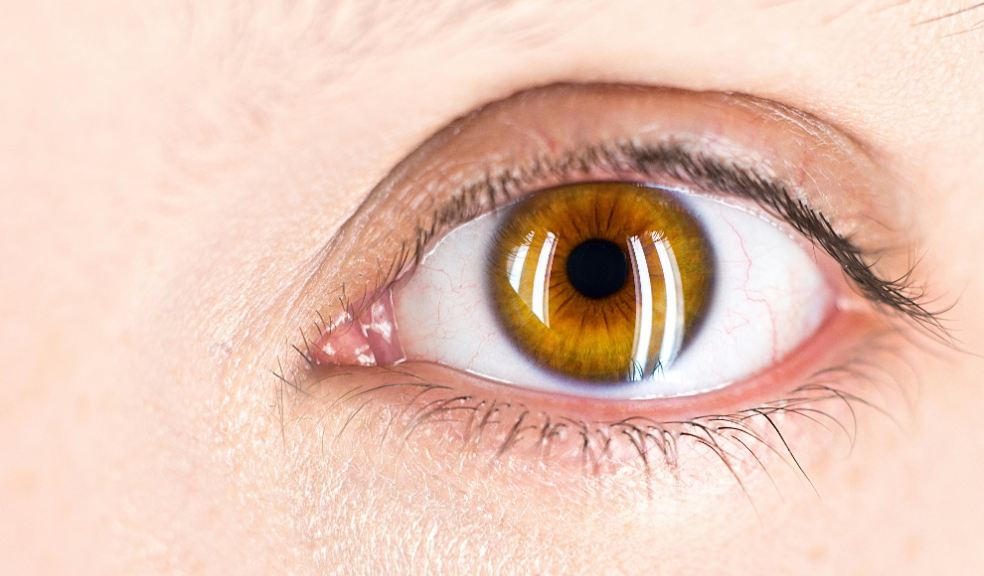
Glaucoma cases are on the rise, here's how you can protect your sight
Glaucoma, a leading cause of irreversible blindness, is on the rise in Devon and across the UK. According to The Royal College of Ophthalmologists, over 700,000 people in the UK have glaucoma, and half of them don't know they have it. Meanwhile, data from the Eye Health Alliance estimate that there are about 11,210 glaucoma cases in Devon alone. These numbers are expected to increase by almost a third between 2020 and 2035.
Glaucoma is a group of eye conditions that damage the optic nerve, crucial for good vision. This damage is often caused by abnormally high pressure in the eye. Early detection and treatment are vital in preventing vision impairment, yet the asymptomatic nature of early-stage glaucoma means people do not seek help until significant damage has occurred. This highlights the need for greater glaucoma awareness and proactive eye care.
Recognising the signs
While glaucoma can initially develop without noticeable symptoms, there are several warning signs that individuals should be aware of. The gradual loss of peripheral vision is one of the most common indicators. Ophthalmologists note that this often goes unnoticed as the central vision remains unaffected in the early stages, and the brain is able to fill in any gaps in vision. However, as the disease progresses, this tunnel vision can severely limit a person's field of view.
Blurred vision and seeing halos around lights, particularly at night, can also be early signs of glaucoma. These symptoms may be accompanied by eye pain and headaches, which can vary in intensity. In acute cases, such as narrow-angle glaucoma, these symptoms can appear suddenly and require immediate medical attention to prevent permanent vision loss.
Tips for preventing glaucoma
Although there is no guaranteed way to prevent glaucoma, certain lifestyle modifications and habits can help reduce your risk. One way to do so is by scheduling routine eye exams, which are essential for detecting glaucoma early when treatment is most effective. In the case of Plymouth resident Mathew Rattenbury, a routine optician eye exam led to the discovery of his narrow-angle glaucoma. He's been undergoing regular eye tests since then to monitor the disease's progress. The NHS advises that the general public undergo a comprehensive eye exam every two years, while those at greater risk due to age and family history should have one annually.
In addition to eye exams, eye doctors urge everyone to wear sunglasses whenever they're in the sun. Doing so shields the eyes from damaging UV rays, prolonged chronic exposure to which is known to trigger glaucoma development. For this, it's vital to select high-quality sunglasses that offer superior UV protection. Established retailer Sunglass Hut is one that carries a wide range of sunglasses equipped with UV filters. The Costa Kailano model, for instance, are ideal as the lenses feature 580 technology, offering polarisation and 100% UV protection to safeguard vision.
Using protective eyewear is also beneficial for preventing glaucoma. The Glaucoma Research Foundation states that damage to the internal drainage system of the eye occurs in 75% of blunt eye injuries, and the amount of damaged drain is predictive of the risk for glaucoma. As such, wearing eye protection like safety goggles is paramount when taking part in DIY home improvement projects or other activities where there's a risk of eye injuries. Use protective glasses like the TecTor Eyewear RX from MSA Safety, which feature a full wraparound design for maximum eye protection.
Conclusion
Understanding the signs of glaucoma and taking preventive measures, such as wearing protective eyewear and undergoing regular eye tests, can help protect your eyesight and maintain vision health. As the population ages, these strategies will be key in mitigating the impact of this silent but serious condition.
To stay updated on local news, visit The Devon Daily website.













